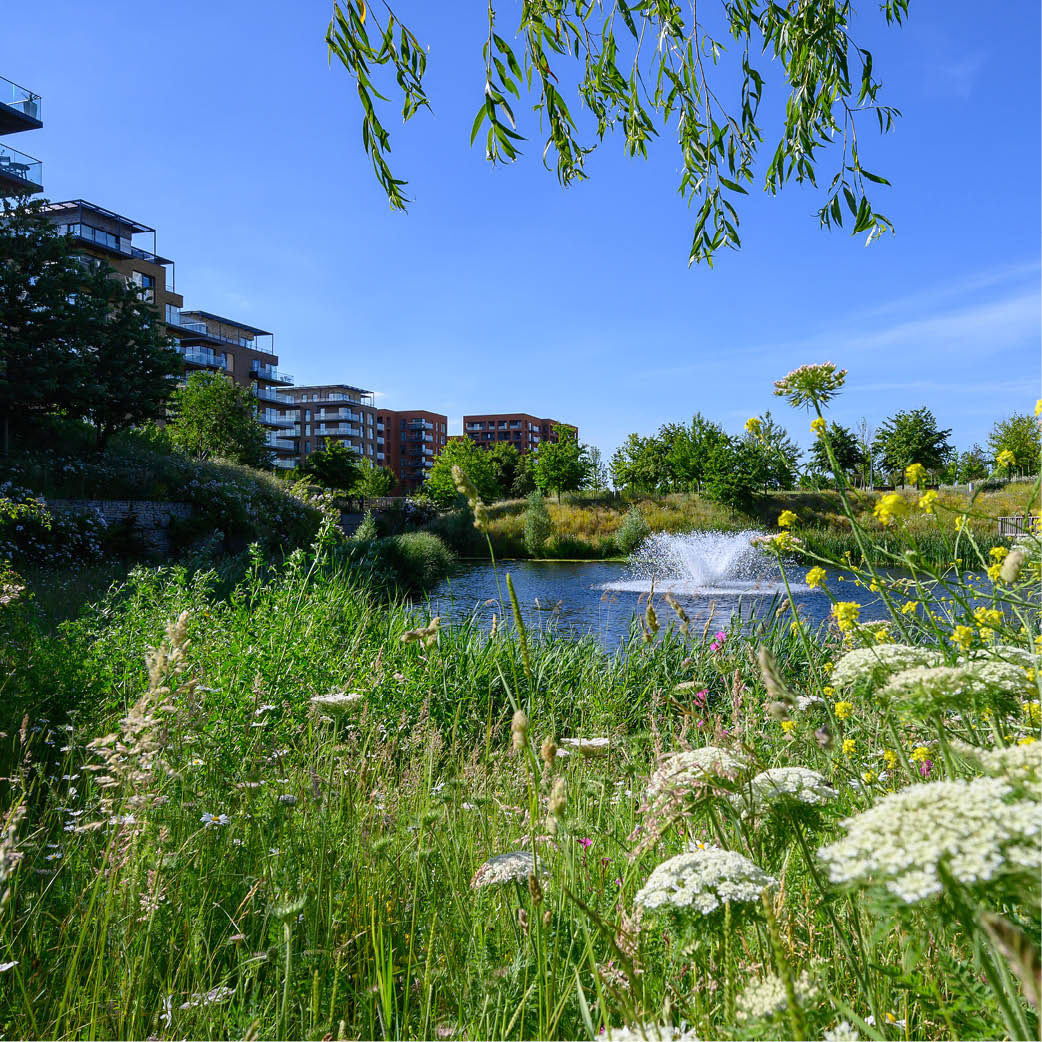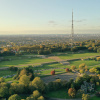Time for a greener London
by the London Wildlife Trust
20th Jun, 2021
The UK has become one of the most nature-depleted nations in the world, so it’s vital that the next mayor of London helps nature’s recovery in the capital.
The mayoral elections on 7 May gave Londoners the opportunity to influence the policies and programmes of the Greater London Authority for the next four years. So we were active in asking you to vote for the most environmentally friendly candidates.
Over the past 20 years, policies for protecting and enhancing London’s environment have largely moved in a positive direction, thanks to plans and programmes promoting green infrastructure, urban greening and cleaner air. These are a great start, but more can and should be done, especially given the growth of London and the growing challenges of climate change.
However, mayoral ambitions are constrained by limited powers and resources, and delivery requires others to implement. In addition, the mayor’s role as a leader, broker and influencer is dependent as much on his or her specific interests as on the political agendas of the time.
The Trust liaised with candidates’ teams to ensure their manifestos include ambitious but realistic objectives to protect and enhance the capital’s biodiversity. We also worked with other organisations on a consistent set of environmental priorities for candidates.
Green goals for election manifestos
Our priority is for the mayor to work with key stakeholders in London’s natural environment sector to implement a Nature Recovery Network for London by adopting the following actions:
- Restore and connect key habitats and species;
- Enhance green spaces for key wildlife populations, especially invertebrates;
- Improve water quality by supporting the delivery of the Thames Basin River Management Plan and catchment plans; D evelop and implement a light-reduction strategy for London to reduce adverse impacts on birds, bats, migrating fish and invertebrates;
- Create a pesticide-free London by 2030, by adopting, creating and implementing an integrated pest management plan for London, supporting the increase of Green Flag Awards (GFA) in London and initiating a programme to help train and mentor new GFA judges;
- Support a citizen science project that engages Londoners in recording key species to help monitor our city’s biodiversity.
















